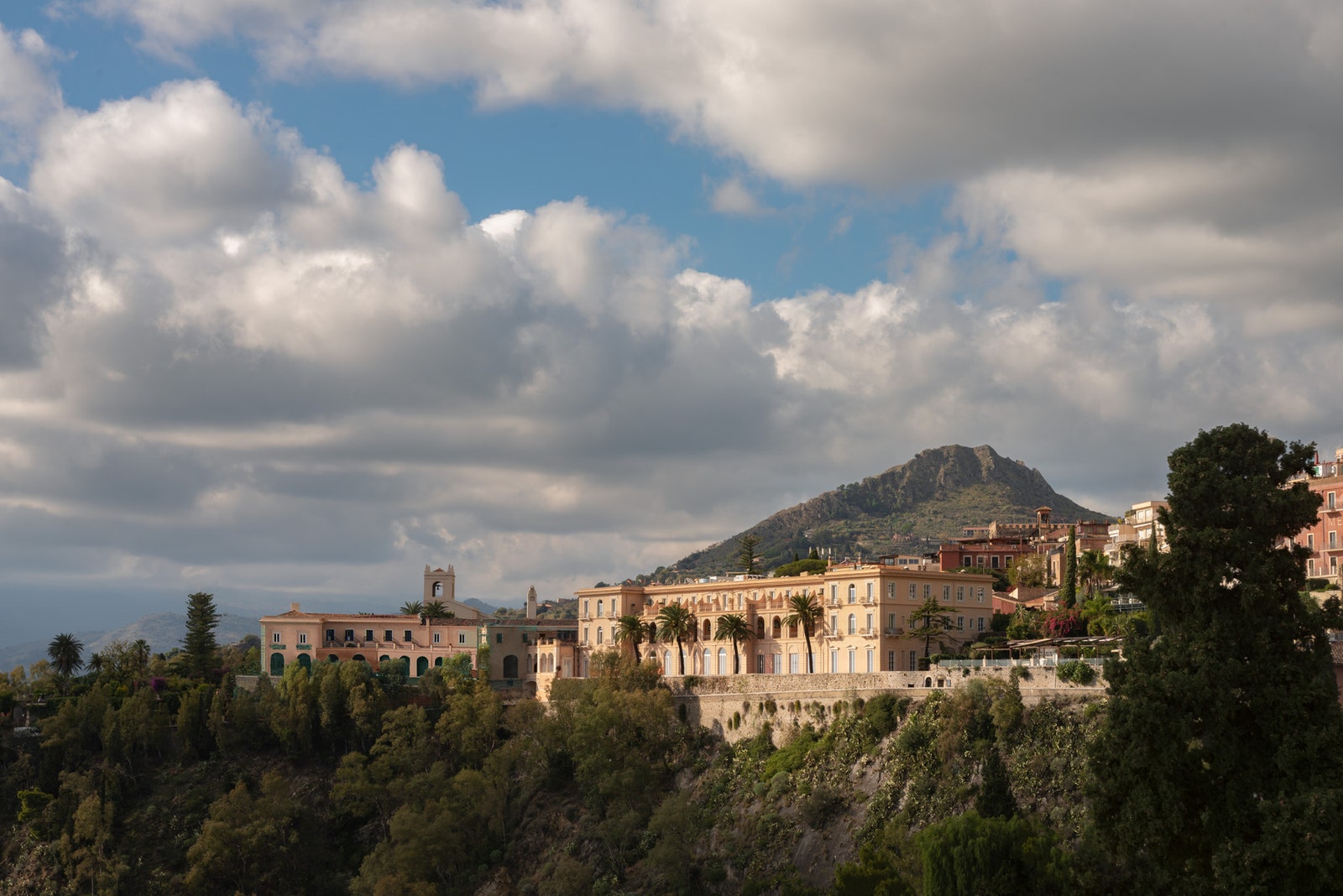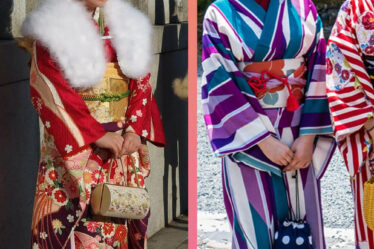
Ever since I watched The Talented Mr. Ripley at an age that was, frankly, far too young—despite the film’s sophisticated trappings, Jude Law does get brutally clubbed around the head with an enormous wooden oar—I have been a sucker for the glamorous promise of an Italian vacation. It may be a cliché, but the reason I’ll always return to Italy’s boot is that it’s filled with places that feel like they could exist nowhere else in the world, from thigh to heel; from the mind-boggling engineering of the Venetian waterways to the devil-may-care energy of Naples with its whizzing motorcycles and crumbling Baroque churches.
Still, nowhere in Italy has captured my imagination—and feels as uniquely its own place—like Sicily. A crossroads for various Mediterranean civilizations for centuries (and still to this day), its rich and incredibly varied landscapes serve as a backdrop for one of the country’s most strange and seductive cultures. The seafood pasta isn’t half bad, either.
Last year, I was lucky enough to travel to this sprawling island to write a guide to its hotels, with a specific focus on two new openings. But one of these new openings, the Four Seasons San Domenico Palace, felt particularly magical: Situated on a rocky outcrop on the edge of the popular tourist hilltop town of Taormina, it seemed to capture everything that has made Sicily such an enchanting destination for travelers from the Grand Tour onwards.
Photo: Peter Vitale
Housed in a former convent that was first constructed in the 14th century—indeed, an entire wing includes rooms housed in the former cloisters, albeit with a few of the nun’s cells knocked through to form more spacious living quarters—peeling back the layers of its past is a history lesson in and of itself. Converted into a hotel in the late 19th century as Italian tourism began to truly boom, a wing was later added in the Liberty style (an Italian variation of Art Nouveau) to house guests including Oscar Wilde and D. H. Lawrence. Throughout World War II, it served as a headquarters for the German army. (After the war, it returned to its function as a hotel, attracting a breathlessly star-studded array of jet-set guests including Greta Garbo, Audrey Hepburn, Elizabeth Taylor, and Sophia Loren.)



